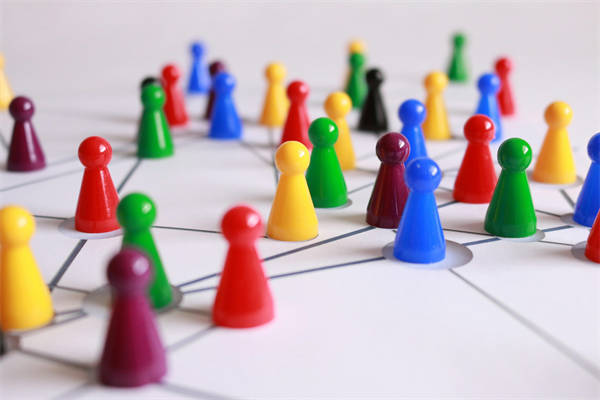Greeting Etiquette: Common Phrases and Their Meanings
.png)
In the realm of social interactions, greeting someone appropriately is a fundamental aspect of politeness and respect. Here are some commonly used phrases to greet others, along with their meanings and cultural nuances.
How to Greet Someone with "Good Morning"
Question: What is the appropriate way to greet someone in the morning, and what does it signify?
Answer: "Good morning" is a universally recognized greeting used to convey a warm and friendly demeanor in the early hours of the day. It signifies a respectful acknowledgment of the time and is often used in both formal and informal settings. The phrase acknowledges the person's presence and can set a positive tone for the interaction ahead. It is particularly important in professional environments, where it demonstrates a level of professionalism and readiness for the day's tasks.
In some cultures, "good morning" can also be a time-specific greeting, indicating that the speaker is aware of the hour and is acknowledging it. It is important to note that the time of day can influence the appropriateness of this greeting. For instance, in some regions, "good morning" may be used until noon, while in others, it might be reserved for the first half of the day.
Understanding "Hello" in Different Contexts
Question: What does the greeting "hello" convey, and is it appropriate in all situations?
Answer: "Hello" is a versatile greeting that can be used in a wide range of contexts. It is a general term for greeting someone, regardless of the time of day or the level of formality. It signifies a friendly and neutral interaction, making it suitable for both formal and informal situations.
In a professional setting, "hello" is a polite and appropriate way to greet a colleague or client. It is also commonly used in everyday interactions with friends and acquaintances. The simplicity of "hello" makes it a go-to greeting in most parts of the world.
However, it is important to consider the context and the relationship with the person you are greeting. In some cultures, "hello" might be considered too informal for certain situations, especially when meeting someone for the first time or in a highly formal environment. In such cases, it might be more appropriate to use a more specific greeting, such as "good morning" or "good afternoon."
The Significance of "Good Evening"
Question: When should one use the greeting "good evening," and what does it represent?
Answer: "Good evening" is typically used in the late afternoon and evening hours, signaling that the time is after the midday period. It is a polite and respectful way to greet someone as the day comes to a close.
This greeting is particularly important in formal settings, such as business meetings or formal dinners, where it is crucial to maintain a level of decorum. It also demonstrates an awareness of the time and can set a more serious tone for the interaction, especially if it is later in the evening.
In some cultures, "good evening" is also used as a sign of respect and acknowledgment of the end of the day. It is a warm and friendly greeting that can be used with friends, family, or colleagues, regardless of the relationship's formality.
Greeting with "How Are You?"
Question: What is the purpose of asking "how are you?" when greeting someone, and how should one respond?
Answer: The question "how are you?" is a common greeting that goes beyond just acknowledging the time. It is a way to express concern for the person's well-being and to initiate a more personal interaction.
When you ask "how are you?" you are inviting the person to share their current state of mind or health. It is a conversational icebreaker that can lead to more meaningful exchanges. The response can vary from a simple "I'm fine, thank you" to a more detailed account of one's day or recent events.
It is important to ask this question sincerely, as it can set the tone for the rest of the interaction. If you are not genuinely interested in the person's well-being, it might come across as insincere. Similarly, when responding, it is polite to be honest and brief, unless the conversation naturally leads to a more in-depth discussion.

.png)


.png)